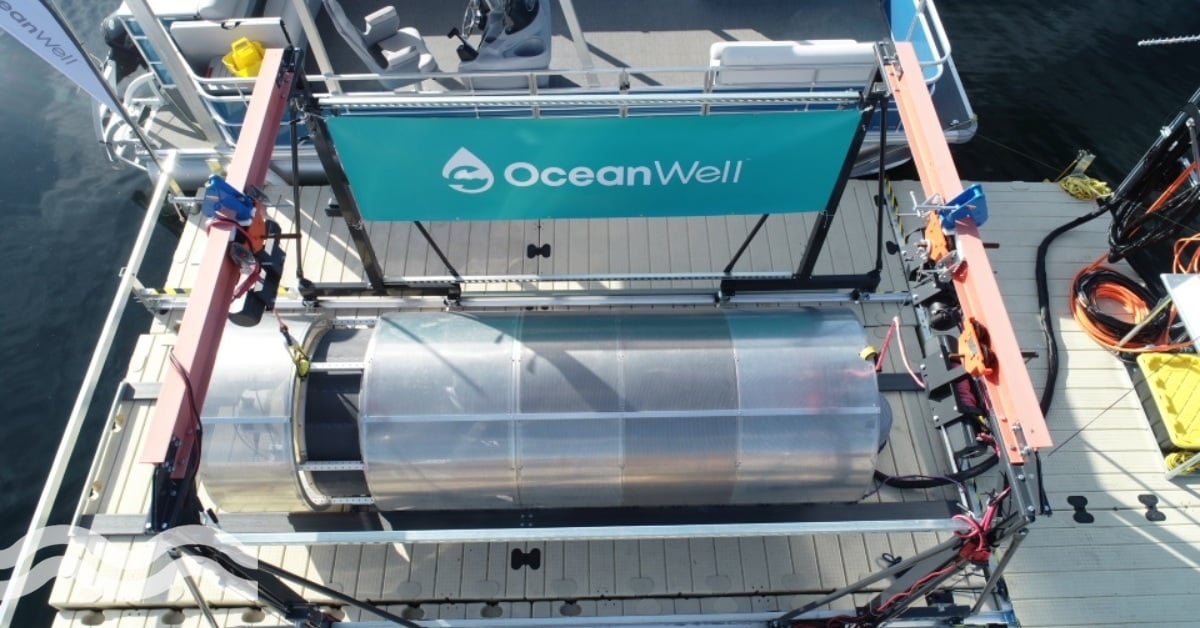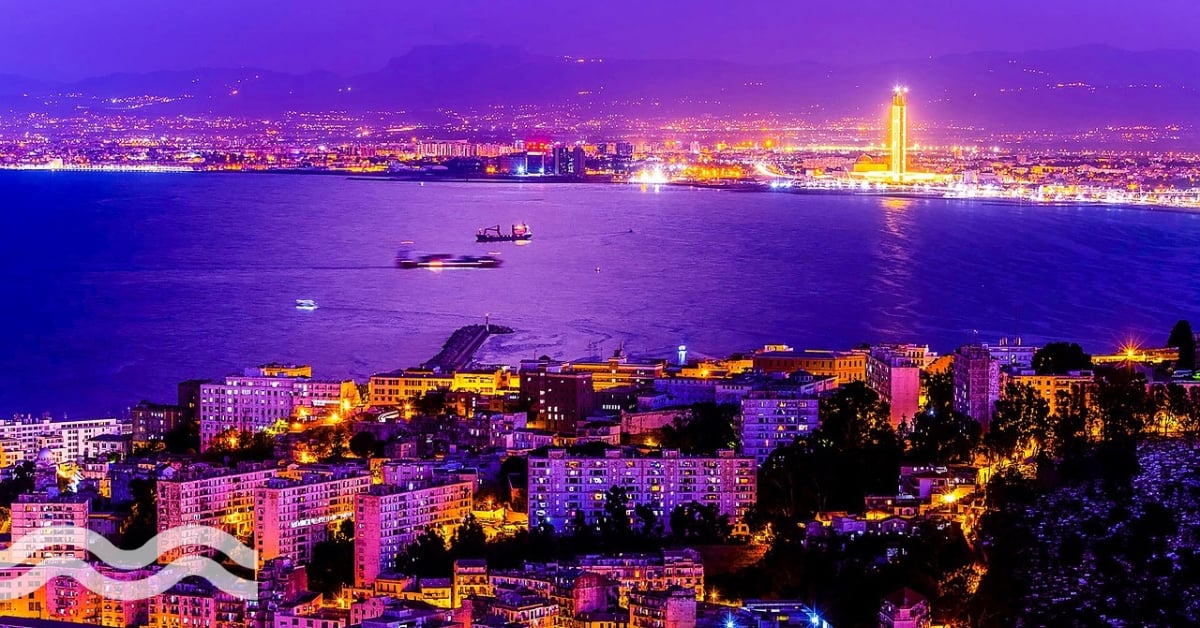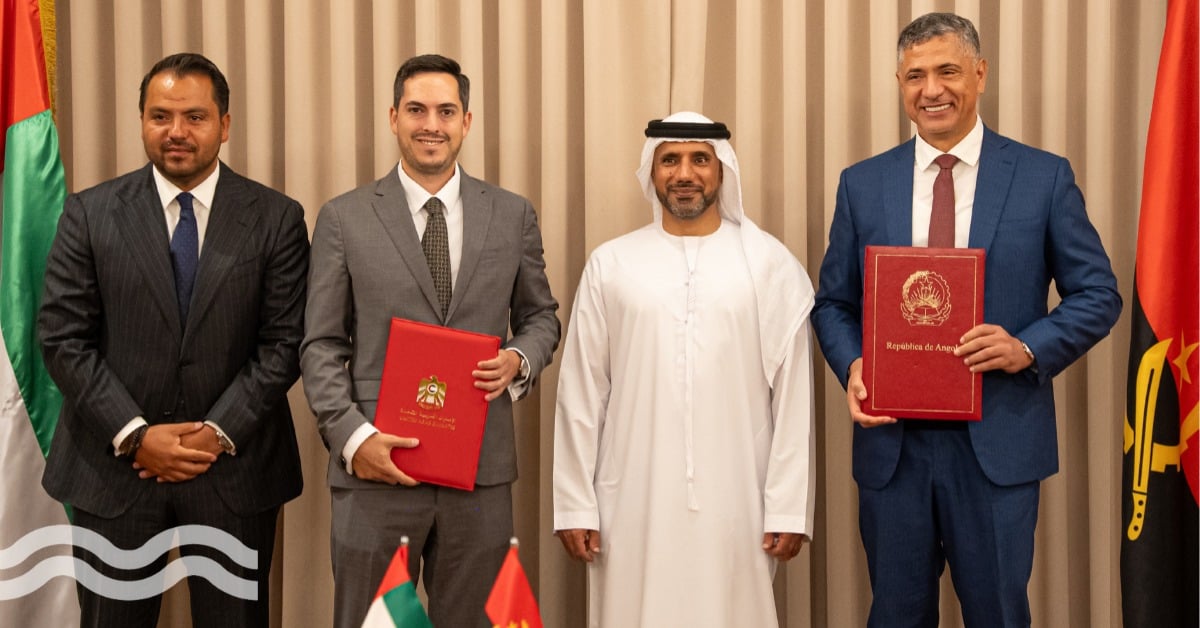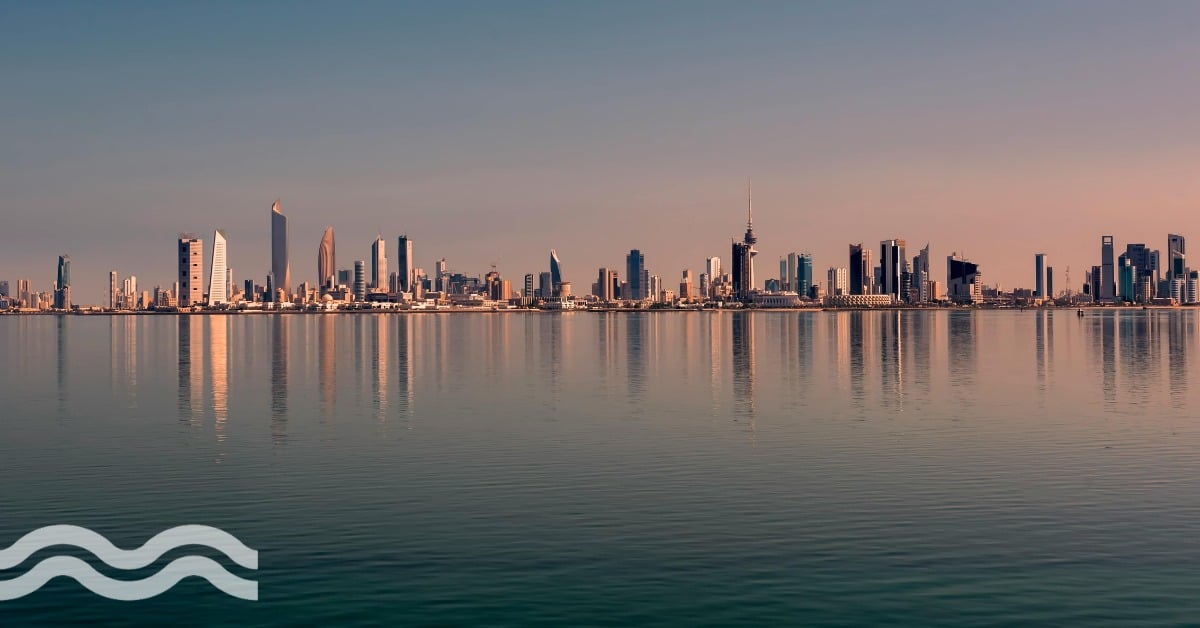Global competition tackles desalination challenges
Desalination has the potential to help address the world’s water scarcity issues, but it is currently both expensive and energy-intensive. Now, a five-year global competition run by XPRIZE will fund 143 teams to tackle some of the biggest challenges faced by the desalination industry.
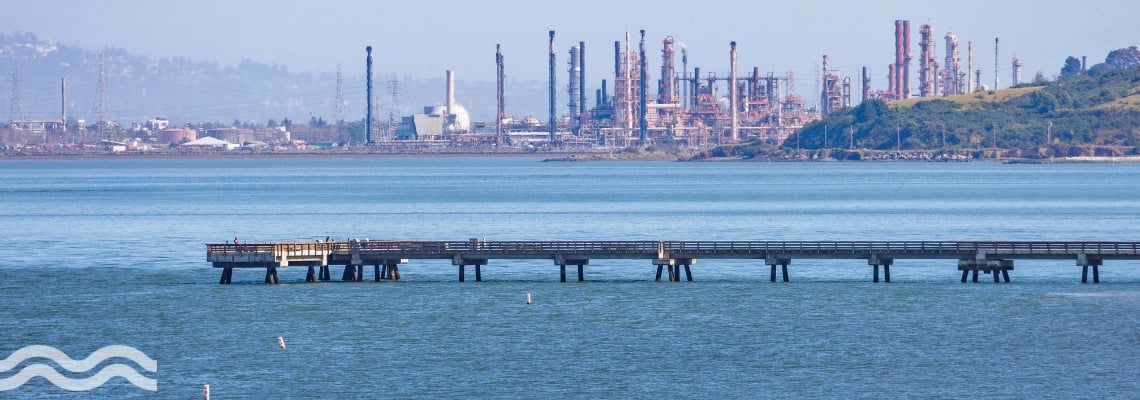
What is the XPRIZE Water Scarcity Challenge?
XPRIZE Water Scarcity is a $119 million, five-year global competition designed to drive widespread access to clean water by creating reliable, affordable, and sustainable seawater desalination systems. Its organisers claim to be disrupting desalination systems on a global scale.
Title sponsor, The Mohamed bin Zayed Water Initiative, supports creativity and innovation in the water industry. Consistent with the XPRIZE Water Scarcity competition, the Initiative aims to raise awareness of scarcity issues and accelerate the sustainable and transformative solutions that can be tested and deployed at scale.
Addressing the defining challenge of the century
The prize aims to tackle two major problems: first, water scarcity and security issues are areas of growing concern in all parts of the world, including in areas that are traditionally seen as water-abundant. A commonly quoted figure suggests that by 2030, demand for clean sources of water will outpace supply by 40 per cent. Many countries are turning to desalination as a means of increasing freshwater supply. However, desalination of seawater is still both expensive and energy-intensive. Tackling both these issues has the potential to make desalination more affordable, sustainable and accessible.
Water is humanity’s most fundamental need, and yet billions face the growing threat of water scarcity as climate change reshapes our world - Ansari
Anousheh Ansari, chief executive officer, XPRIZE, told media at the announcement of the successful competitors: “Water is humanity’s most fundamental need, and yet billions face the growing threat of water scarcity as climate change reshapes our world. Seawater desalination holds enormous promise, but current practices come with a steep price: high energy use, environmental strain, and limited accessibility.”
She added: “XPRIZE Water Scarcity is incentivising innovators worldwide to design sustainable, scalable, and affordable approaches that deliver clean water without compromising the ecosystems we all depend on. Only then can desalination become a true solution for the future to benefit all.”
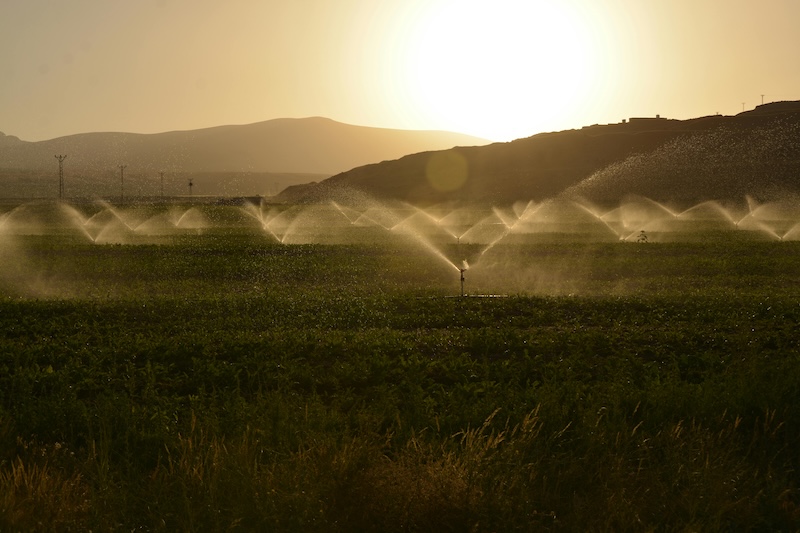
How were the competitors chosen?
Proposed solutions from 674 teams from 85 countries were evaluated, with 143 teams selected to advance across two separate tracks:
- Track A: reimagining system-level innovation
- Track B: developing novel materials and methods for saltwater separation.
Ninety-three teams qualified for Track A, with their solutions demonstrating strong potential to produce at least 1 m³/day of potable water by the end of 2025. The 93 teams were awarded a share of €2.6m towards their ongoing development.
Fifty teams demonstrated technical maturity and the ability to advance to the next round by proving, at a laboratory scale, the potential of new materials designed to replace conventional seawater reverse osmosis (SWRO) membranes, as well as evolutionary advances that improve and adapt existing technologies. These teams qualified for Track B, with results from their endeavours expected in 2026.
The teams were announced during Climate Week, which was held in New York.
The opportunity ahead is immense, and the momentum is only growing – Ocean Oasis
Several successful entrants took to social media, following the announcement, for example:
Ocean Oasis posted: “This milestone validates our journey and the progress we are building… The opportunity ahead is immense, and the momentum is only growing.”
Aqua Membranes posted: “We’re honoured to be part of a global community working to solve water scarcity not just with incremental tweaks, but with bold, systems-level innovation.”
Desolenator posted: “We’re super proud to help pave the way for affordable, sustainable and reliable water access for people, communities and enterprises worldwide.”
Putting ideas into practice in the field
The next stage of the competition (Qualified testing) will see the teams develop and test their solutions ‘in the field’. Track A teams will deploy working desalination prototypes at their selected sites with the aim of producing 1,000 litres of drinking water per day over a period of two weeks, while meeting local environmental standards. Milestone funding of €92m is available to Track A teams at this stage of the competition.
Track B teams will validate their novel separation materials and methods at lab scale, with results evaluated for technical maturity, efficiency, cost, and sustainability to prepare for live demonstrations. Milestone funding worth €9.3m is available to Track B teams during this demonstration stage.
Following this stage, the organisers will select as many as 20 Track A teams, and as many as 30 Track B teams to advance to the semi-final stage, with further milestone funding available.
What prize is available to the competitors?
Organisers will provide ‘milestone’ funding as the competition progresses. Two winning entries, one each from Track A and Track B, will receive the top financial rewards, with additional prizes awarded to the runners-up.
- Track A: €34 million will be awarded to the winning team that can reliably produce one million litres of potable water every day at breakthrough affordability; this would be enough to serve 10,000 people for a year.
- Track B: €6.8 million will be awarded to the Track B team that pioneers a novel, durable desalination material or method that can operate for at least 10 years.
Our goal is to catalyse the development of next-generation systems and materials - Al Ateeqi
Ayesha Al Ateeqi, executive director of The Mohamed bin Zayed Water Initiative, told media: “XPRIZE Water Scarcity was established to unlock the full potential of desalination by incentivising bold, breakthrough thinking that can overcome these barriers. Our goal is to catalyse the development of next-generation systems and materials that are not only affordable and reliable, but also sustainable and accessible for communities around the world.”
She added: “This is about more than technology; it’s about opportunity: to enable greater water resilience, support development in water-scarce regions, and help create a future where clean and safe water is available to all.”
